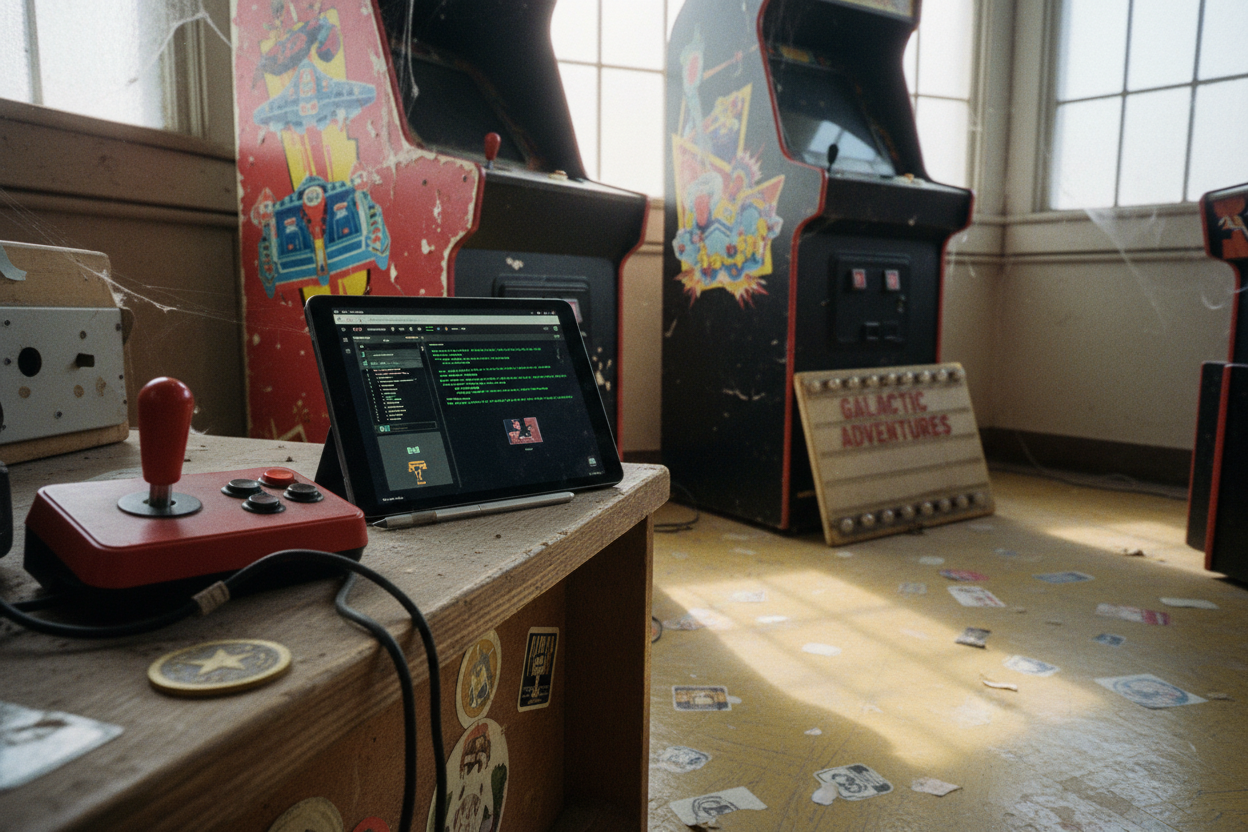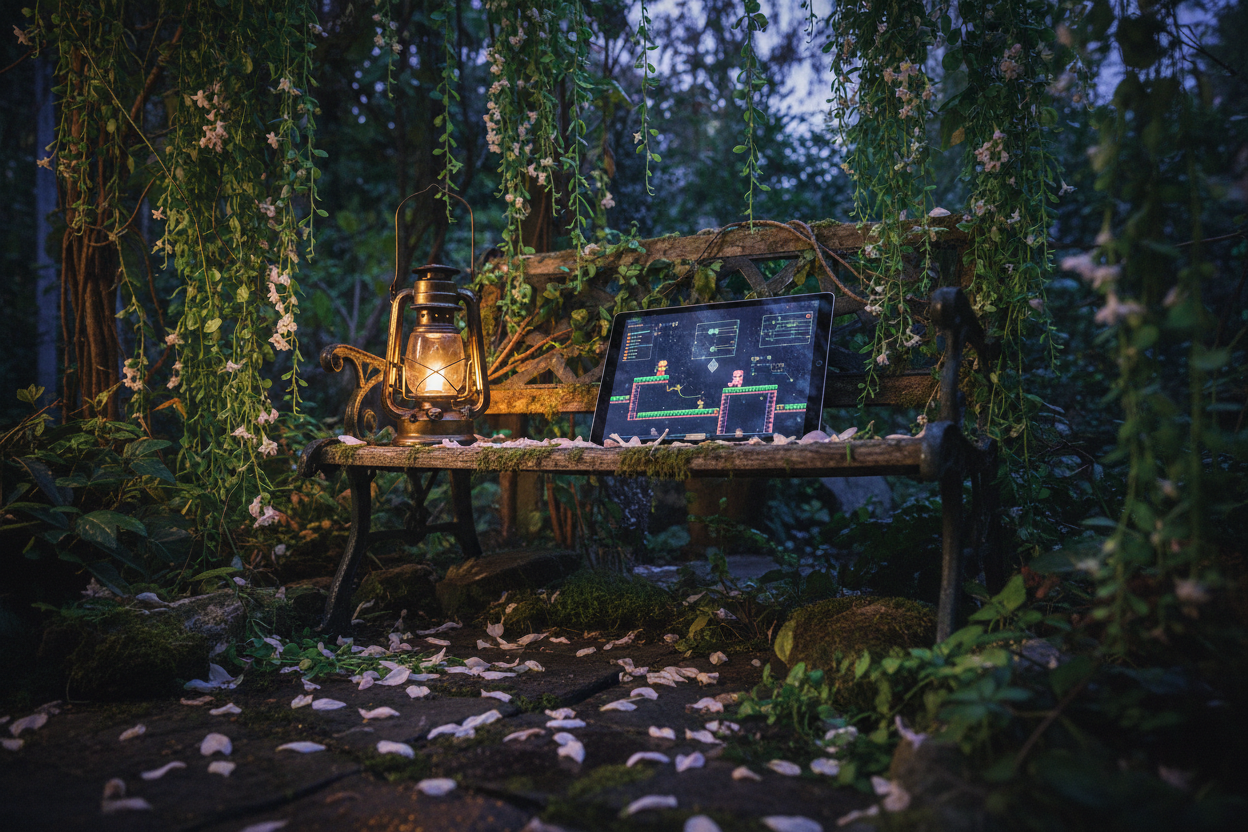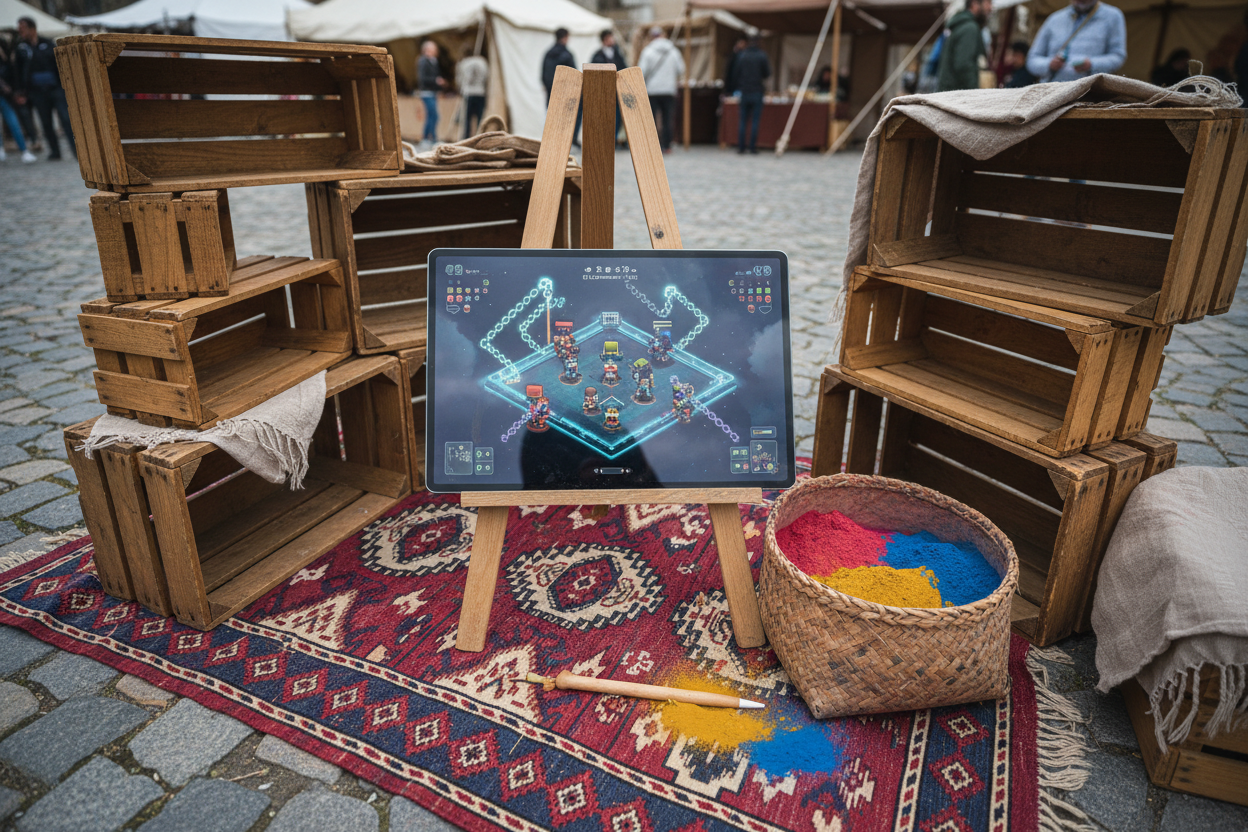From Idle RPGs to Real-Time PvP: Genre Innovation in Fully On-Chain Games

Fully on-chain games (FOCGs) have shattered the boundaries of what’s possible in blockchain gaming. Thanks to frameworks like MUD and Dojo, we’re witnessing a genre renaissance that’s transforming both how we play and how we earn. If you’ve tracked the explosive growth of on-chain idle RPGs, marveled at the seamless action in real-time PvP strategy games, or explored the vast worlds of on-chain MMORPGs, you know this isn’t just an incremental evolution – it’s a paradigm shift.
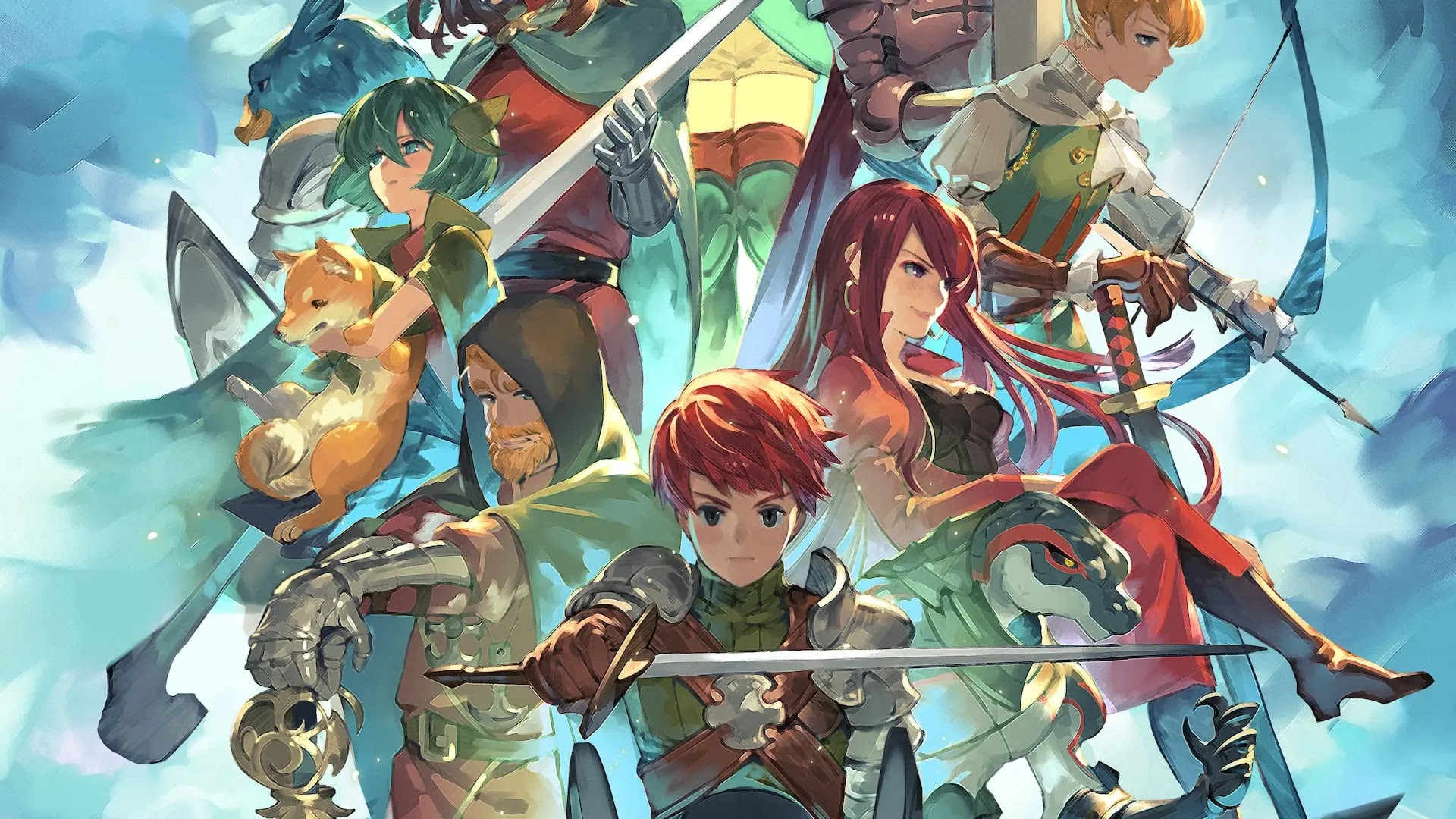
The rapid innovation in fully on-chain games is powered by a blend of technical breakthroughs and community-driven design. Unlike traditional Web2 games, every move, battle, and trade is etched permanently onto the blockchain, unlocking true digital ownership and provable fairness. The result? A new class of genres that are not only more transparent and player-centric, but also more lucrative for agile traders and hardcore gamers alike.
Idle On-Chain RPGs: Passive Play, Real Rewards
The rise of on-chain idle RPGs marked the first wave of genre innovation in blockchain gaming. These games automate character progression, loot collection, and resource management – all on-chain, all verifiable. Players can set their strategies, walk away, and return to find their heroes leveled up and wallets heavier with token rewards. What sets these apart from off-chain idle games is the integration of NFTs and tradable assets, allowing you to truly own your progress and sell or stake your loot in open markets.
This model has proven especially attractive to those looking to combine passive income with gaming. According to PlayToEarn, titles like Onchain Heroes have built dedicated communities of “degens” who optimize for yield as much as for fun. The transparency of smart contracts means you can audit drop rates, verify fairness, and even build bots or scripts to maximize your returns, all without fear of hidden mechanics or rug pulls.
Top Genres Powering Fully On-Chain Gaming
-
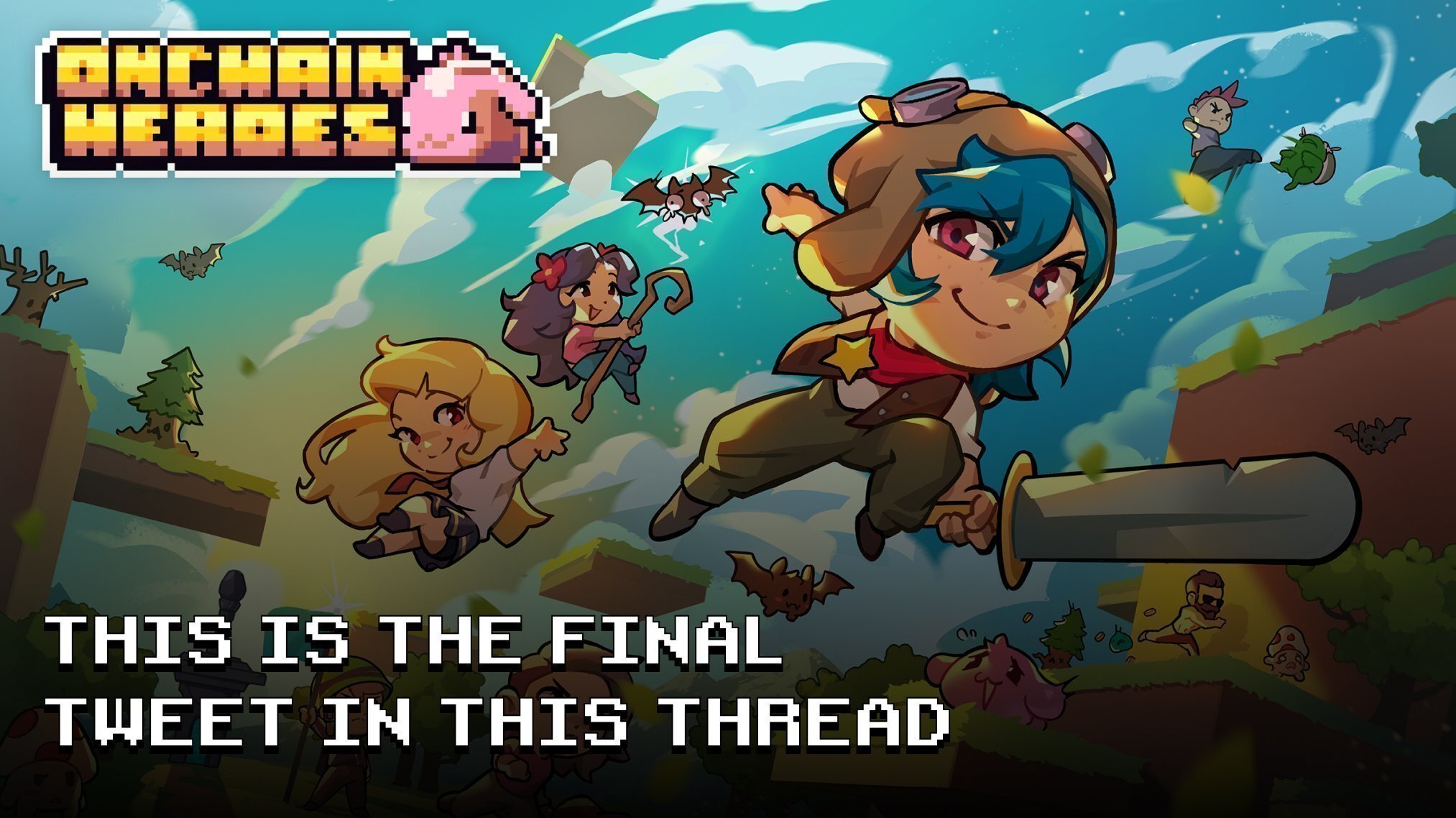
Idle On-Chain RPGs: These games let players earn rewards and progress passively, leveraging blockchain for transparent ownership and automated gameplay. Notable examples include Onchain Heroes and ChainZ Arena, where players can collect, upgrade, and trade NFT heroes while the game runs in the background.
-
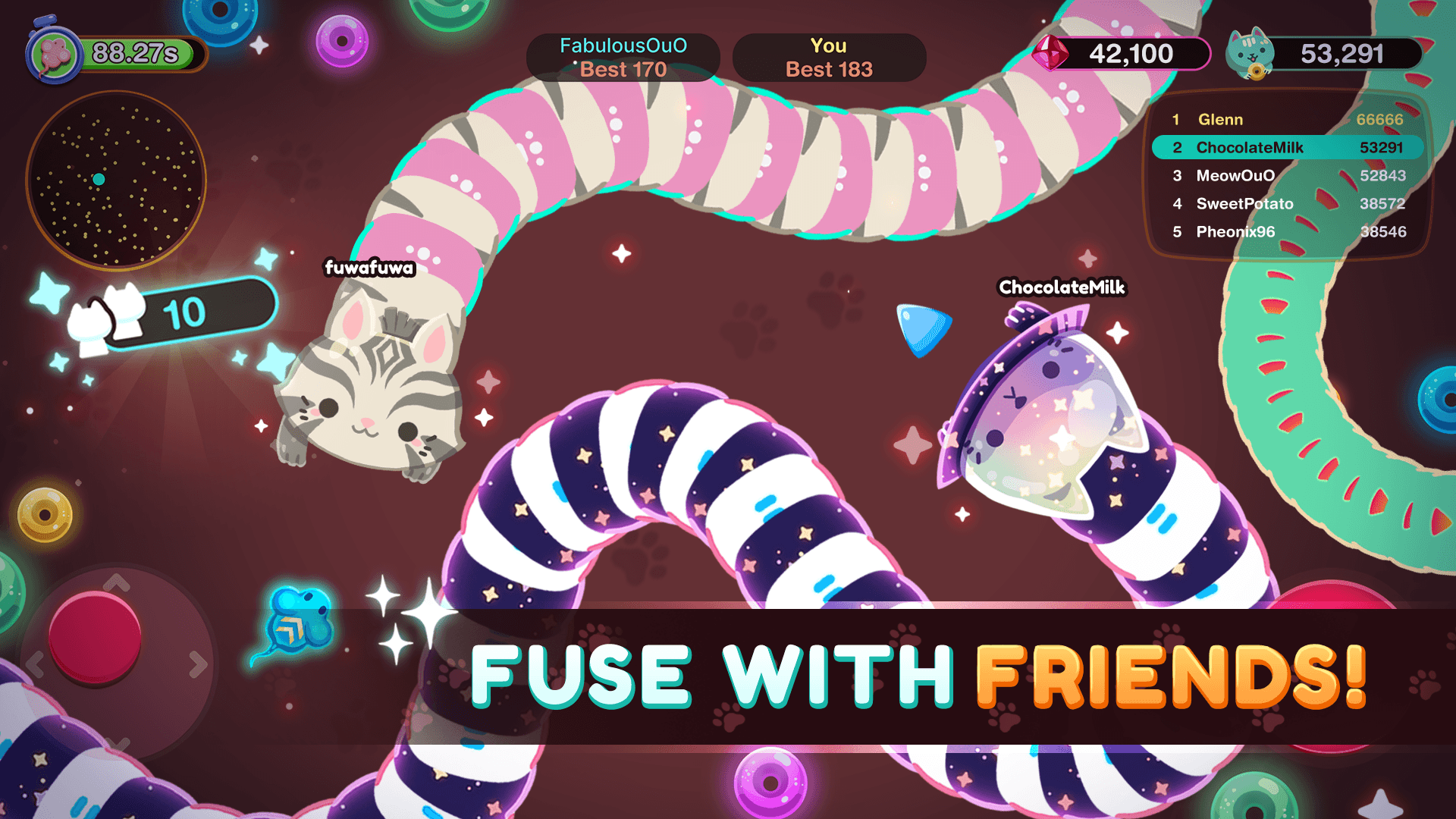
Real-Time PvP Strategy Games: Harnessing blockchain’s latest latency improvements, these games offer fast-paced, competitive battles between players. Wild Forest and Snaky Cat are standout titles, featuring real-time arenas, on-chain asset ownership, and tactical gameplay that rewards quick thinking and strategic planning.
-
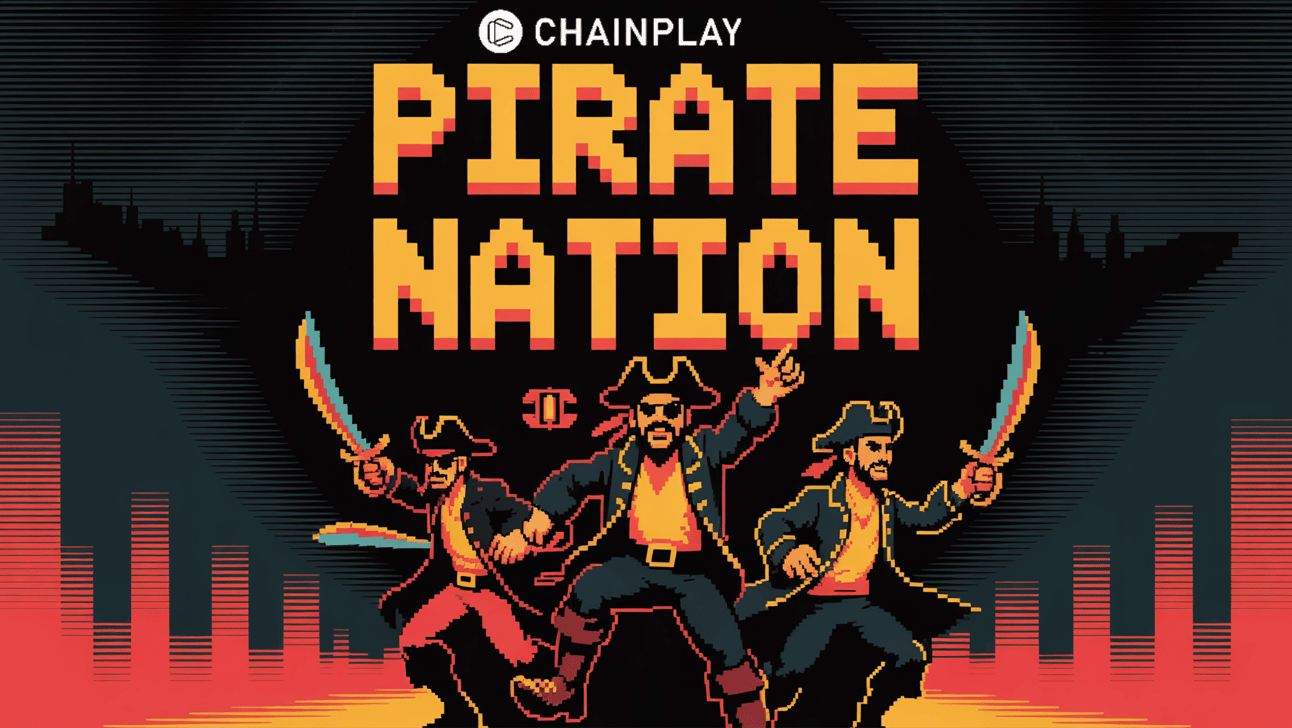
On-Chain MMORPGs: These expansive, persistent worlds are fully powered by blockchain, giving players true ownership of items, characters, and in-game economies. Games like Pirate Nation and Chain of Legends exemplify this genre, offering social interaction, questing, and large-scale cooperative or competitive play—all verifiably on-chain.
Real-Time PvP Strategy Games: Blockchain Goes Live
For years, critics claimed that blockchain could never support real-time gameplay due to latency issues. That’s now ancient history. Thanks to innovations like account abstraction, rollups, and DePIN, response times have plummeted – with Solana-based games boasting sub-15ms latency, rivaling even the fastest Web2 experiences (source). This has paved the way for real-time PvP strategy games where every action is a blockchain transaction, every victory is immutable, and every asset is liquid.
Games like Snaky Cat and Chain of Legends are leading the charge, blending classic mechanics with the permanence and transparency of Web3. Whether you’re commanding armies in an RTS or battling in a PvP arena, your strategies are not just witnessed by the server – they’re secured by the network. This opens up a new meta for competitive gamers: not only must you outplay your opponents in real time, you can also out-trade them by speculating on rare assets and in-game economies that move as fast as your APM.
On-Chain MMORPGs: Persistent Worlds, Player Sovereignty
The holy grail for many gamers is the persistent world of an MMORPG – now fully realized on-chain. On-chain MMORPGs combine massive shared universes with decentralized governance, player-owned economies, and censorship resistance. Every quest completed, item looted, or territory conquered is recorded immutably, giving rise to emergent gameplay and player-driven history that can’t be reset or patched away by developers.
This genre is where the composability of MUD and Dojo really shines. Developers can build modular systems for guilds, crafting, land management, and more – all as interoperable smart contracts. Players aren’t just adventurers; they’re stakeholders in evolving digital nations, voting on upgrades, forging alliances, and even building new dApps atop the game world itself.






